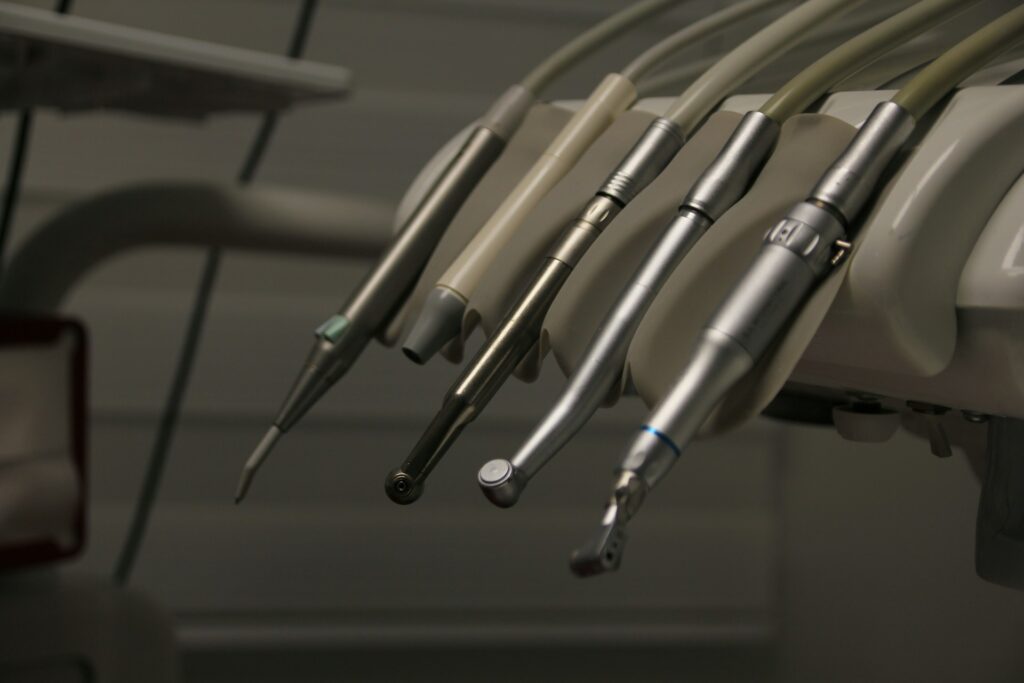Starting a dental visit is easier when you know what you’re dealing with. Most mouth issues start small and get worse quietly. Salt water rinses, clove oil, and online tips can soothe for a day, but they don’t fix the cause. If something in your mouth hurts, bleeds, or looks off, it deserves a quick check.
Living on Curaçao, the heat, hydration habits, and sugar in drinks all play a role. So does grinding from stress and the odd sports mishap. None of this is a reason to panic. It’s a reason to act early. That’s where a short, friendly visit helps: a clear diagnosis, a simple plan, and relief.
If you need routine or urgent help, our team at Klinika Dental Sta. Rosa is nearby. Book a check, ask questions, and keep your smile working. You can also read more about dental care in curacao.
10 Common Dental Problems
Tooth Decay (Cavities)
Acid from bacteria weakens enamel and creates holes. Early decay is painless; deeper decay stings with sweets or cold. See a dentist if you feel sensitivity or food keeps catching in the same spot.
Gum Disease (Gingivitis/Periodontitis)
Red, swollen, or bleeding gums signal inflammation. Left alone, gums recede and bone is lost. Book a cleaning if your gums bleed when brushing or flossing, or your breath stays bad.
Tooth Sensitivity
A quick zing with cold water, air, or sweets points to exposed dentin, receding gums, or a crack. If sensitivity lasts more than a week or worsens, get it checked for cracks or decay.
Cracked or Chipped Tooth
A fall, hard bite, or grinding can chip enamel or crack a tooth. Even tiny cracks invite bacteria. If you feel sharp edges, pain on bite, or temperature spikes, come in promptly.
Toothache
Throbbing pain often means deep decay or an abscess. Pain that wakes you, swells your face, or pulses with your heartbeat is urgent. You’ll likely need drainage, antibiotics, and treatment.
Knocked-Out Tooth
Time matters. Pick the tooth up by the crown, rinse gently, and place it back or store in milk. Come immediately. Reimplantation works best within 30–60 minutes.
Lost Filling or Crown
A missing restoration exposes soft dentin. It may ache and trap food. Temporary cement helps for a day or two, but schedule a replacement quickly to prevent cracks or deeper decay.
Bad Breath (Halitosis)
Persistent odor comes from gum disease, tongue coating, dry mouth, or infections. If brushing, flossing, and tongue cleaning don’t help in a week, get an evaluation and cleaning. The posterior tongue is the main source of halitosis.
Jaw Pain and Grinding (TMJ/Bruxism)
Morning jaw soreness, headaches, or worn teeth suggest grinding. Stress and sleep issues are common triggers. See us for a bite guard, muscle relief, and habit coaching.
Canker Sores and Oral Lesions
Small, shallow ulcers hurt but usually heal in 7–14 days. If sores are large, keep returning, or last over two weeks, get them examined to rule out infection, allergy, or other causes.
When To See A Dentist In Curaçao
If pain lasts more than 48 hours, gums bleed daily, a tooth changes color, a restoration falls out, breath stays bad after cleaning, or a sore lingers beyond two weeks, book a visit. Swelling, fever, or trauma needs same-day care.
Mouthguards substantially lower dental injury prevalence in sports.
Simple Prevention That Works
Brush twice daily with fluoride toothpaste. Floss once. Rinse after sugary or acidic drinks.
Drink more water, especially in the heat. Wear a mouthguard for sports and consider a night guard if you grind. Visit every six months, or sooner if you have ongoing issues.
Conclusion
Most common dental problems are preventable. The rest are easiest to treat early. If something feels off, don’t wait. A short visit can save a tooth, money, and time.

